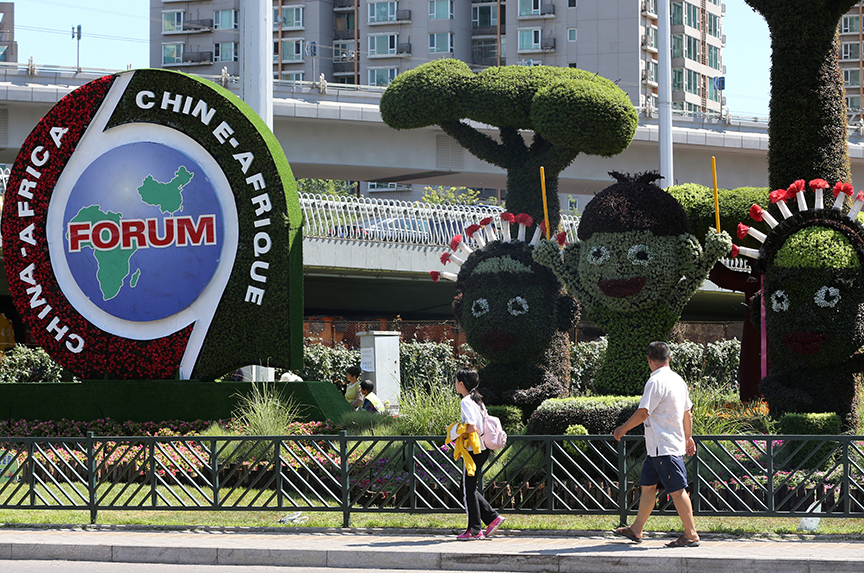Next week in Beijing, Chinese President Xi Jinping will open the seventh Forum on China-Africa Cooperation (FOCAC), the triennial summit gathering of the People’s Republic of China’s top leadership and their counterparts from all the African states except eSwatini (formerly Swaziland), Taiwan’s sole remaining diplomatic partner on the continent. Numerous African leaders, the chairperson of the African Union Commission, the United Nations Secretary-General, and the heads of twenty-seven international and African regional organizations are expected to attend this year’s summit.
As underscored by the upcoming pageant, there is no denying that a great deal has changed in Sino-African relations since the first FOCAC summit in 2000. During the intervening years, China has gone from being a rather new and relatively marginal actor in Africa with a volume of trade worth only a little more than $10 billion in 2000 to the continent’s biggest economic partner with the total value of exports to the continent and imports from it amounting to more than $170 billion in 2017, a figure that represents an increase of 14 percent from the year before during a period when the commodity price index rose only a modest 7 percent (after having slumped in the wake of the 2008 global financial crisis).
J. Peter Pham is vice president of the Atlantic Council and director of its Africa Center.
Image: People walked past an installation set up ahead of the Forum on China-Africa Cooperation (FOCAC) in Beijing, China, on August 24. (China Daily via Reuters)
